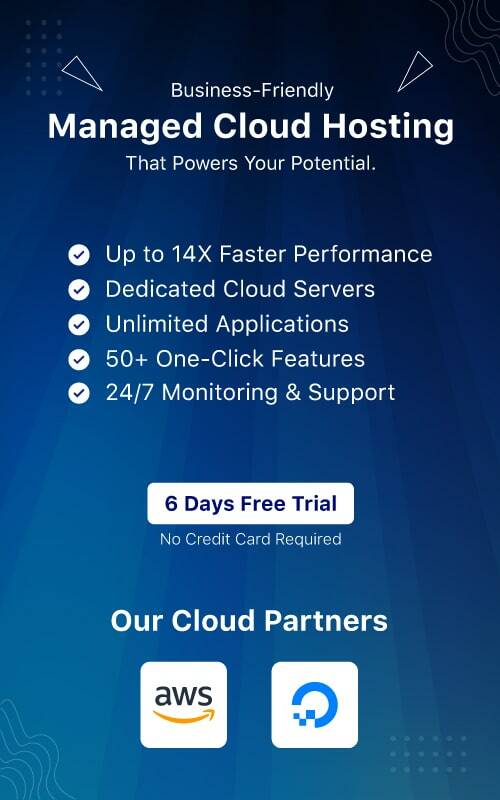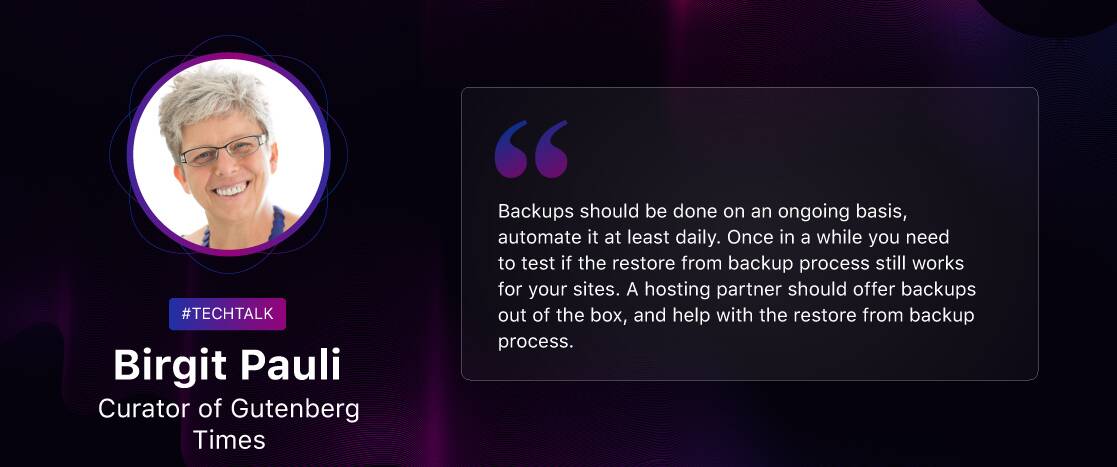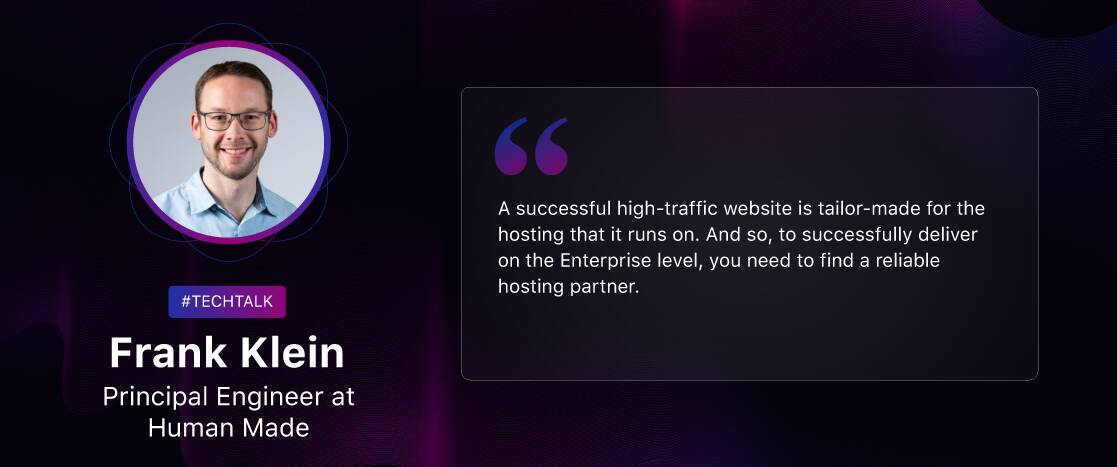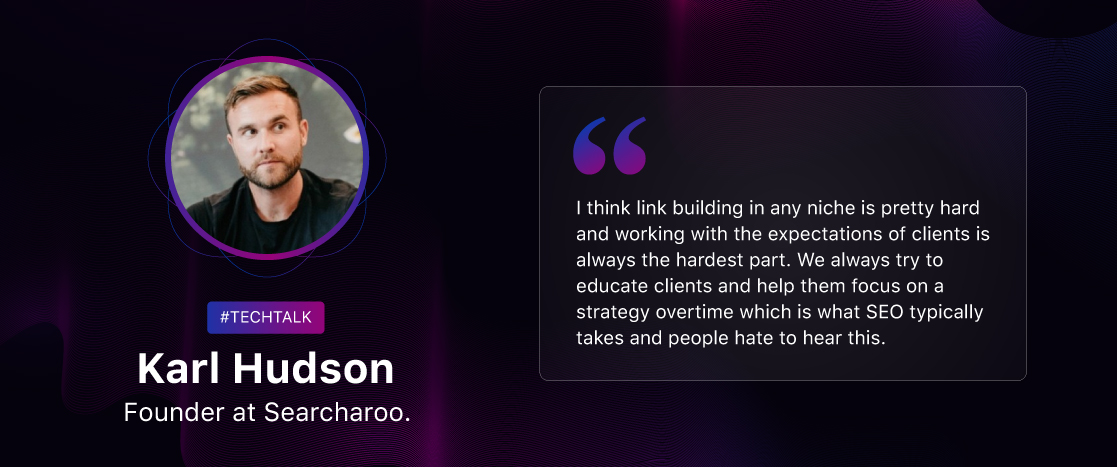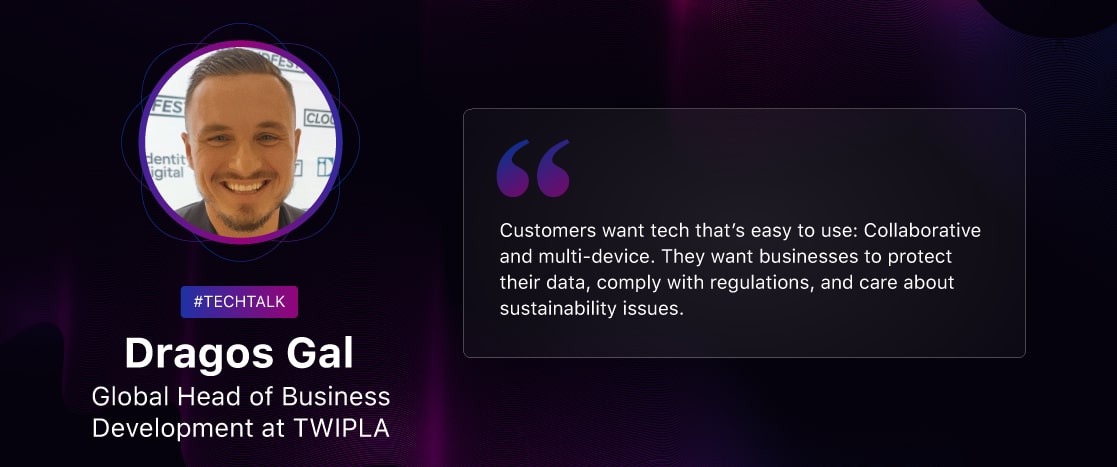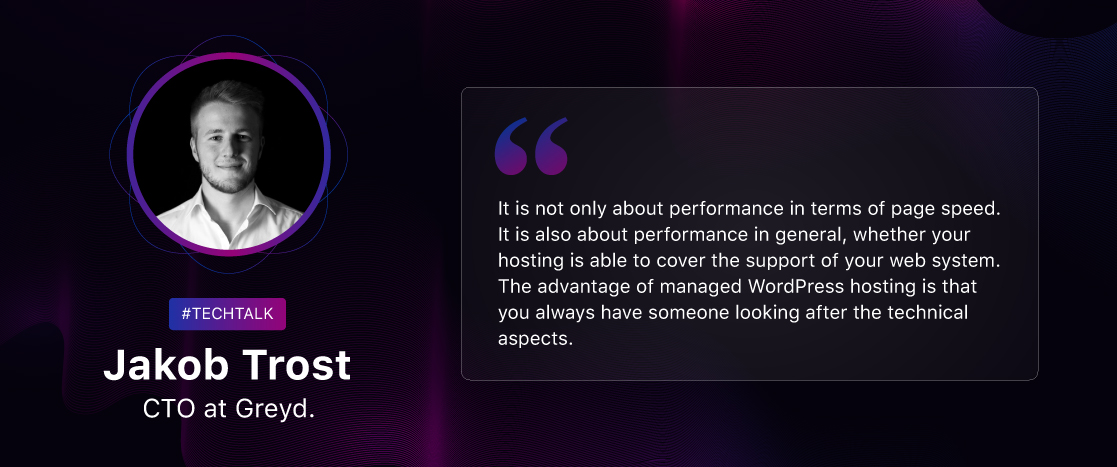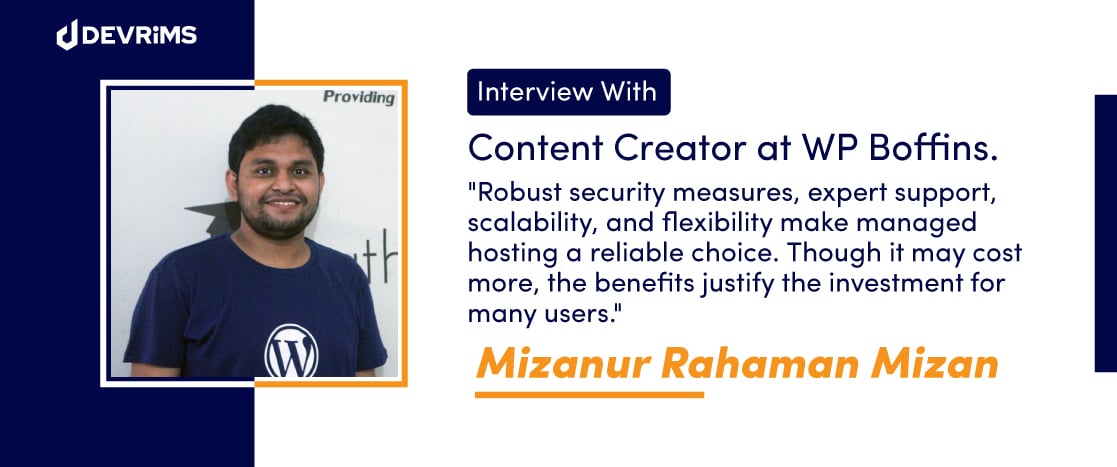
Devrims #TechTalk 051: Yamon Y Talks About Content Marketing
Yamon Y path to marketing was unconventional.
Though having a marketing degree, Yamon initially pursued a career in education. However, after experiencing the limitations of a traditional job during the COVID-19 pandemic, she pivoted to content writing and eventually landed a role at a content marketing agency.
As Yamon’s passion for writing flourished, she quickly gained expertise in SEO and content marketing. Yamon emphasizes the importance of understanding the target audience and their pain points to craft high-quality content. Through a data-driven approach and a focus on user intent, she has achieved impressive results for clients, including scaling a marketing SaaS from 0 to 500+ leads in 6 months.
Yamon prioritizes agility and open communication when partnering with clients, fostering a collaborative environment that leverages both Yamon’s content marketing expertise and the client’s product and market knowledge.
Devrims: Hey Yamon, thanks for your participation. What sparked your initial interest in marketing and led you to choose it as a career path? Was there a specific moment or experience that made you realize marketing is the right field for you?
Yamon: My path to marketing was not linear at all… In fact, it was actually quite a whirlwind. I got my bachelor’s in marketing, but I always thought marketing was for “crooks.” So, I went into education right out of college.
Then, COVID hit, and everything shut down in Hong Kong. That was when I realized I wanted a fully remote job so I could visit my family in the US and work remotely from there.
The most common job to do remotely was content writing. And I’ve always loved writing so I put a portfolio together and started looking for freelance writing jobs on Upwork.
Then, in early 2022, our content marketing agency’s founder, Jessica, signed me on to be her very first hire as she started to grow her agency.
That year, I worked so hard to learn everything I could about writing, editing, SEO, and marketing.
And that was when I realized marketing is not for “crooks”.
Especially in B2B SaaS, it’s about helping people solve problems, save money, and get more time out of their day for their professional and personal freedom. It’s not just about selling a solution, it’s about making their quality of life better.
Two years later, I’m Head of Content at the same agency and I find a lot of pride and joy in helping super innovative tech products scale their no. of customers and revenue to 9-figures. It’s really fulfilling!
Devrims: Walk us through your step-by-step SEO strategy and methodology. How do you optimize and improve a website technically?
Yamon: To turn your website into an awareness and conversion channel, you need a full-funnel content marketing strategy, fueled by SEO.
SEO is just one channel that you can be in front of your target customers. But, it won’t turn into business results if your website doesn’t build trust, your messaging isn’t relatable, and there are no proper funnels set up to capture leads and nurture them into buyers.
Whenever we start a content marketing strategy for our clients, this is how we structure it:
- Website messaging review: Does the value props hit the nail on the head with the target audience?
- UX review: Is there a clear funnel and a compelling CTA to move the user from landing page to demo/lead or newsletter signup?
- Sales enablement content: Are there social proof, case studies, industry landing pages, etc that enables the sales team?
- Customer marketing content: Are your social media profiles, email sequences, nurture campaigns, all in place? Do you have a unique perspective and story that differentiates yourself? Trust signals are important.
- SEO authority content: Build topical expertise around the keywords that your target customers care about to rank for organic search? Is your website optimally set up so Google can easily find and put you in front of your IPCs?
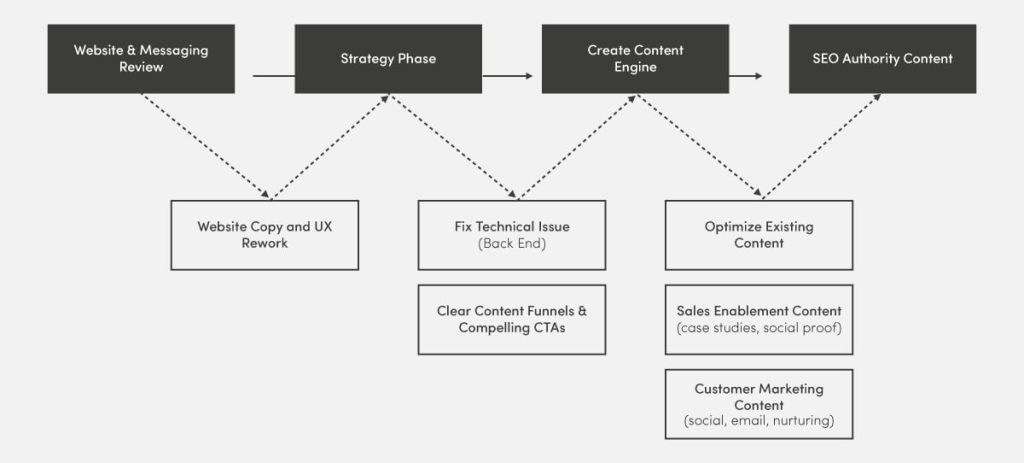
Devrims: What are some common SEO mistakes you see businesses make that hurt their rankings?
Yamon: Oh, where to start. Based on our experience working with dozens of B2B SaaS websites, here are the top ones:
- Having a separate domain for their blogs – for example, instead of www.brandname.com/blog it’s blog.brandname.com
- Loads of cheap backlinks from low authority websites – this harms credibility and rankings.
- Failing to strategically use internal links to guide users and search engines through the website
- Overlooking technical aspects like structured data, XML sitemaps, and site speed
- Producing low-quality, thin, or irrelevant content that doesn’t engage or provide value to the audience
- Not updating content regularly, leads to outdated and less relevant information
- Stuffing keywords unnaturally in content, can lead to Google penalties
Devrims: How important is keyword research in your process? What tools and techniques do you use for keyword analysis?
Yamon: Keyword research is like the backbone of SEO and content marketing. You don’t exactly need it, but you wish you had it.
Without keyword research, you’re essentially navigating in the dark, missing out on valuable insights about what your audience is searching for, the language they use, and the kind of content that will resonate with them. It’s a critical tool for aligning your content with user intent and market demand, driving organic traffic, and improving your overall online visibility.
We use TAM (Total Addressable Market) keyword analysis for all our clients.
This approach transcends just looking at your competitor keywords – it’s identifying and targeting keywords that are relevant to the entire market segment you aim to capture.
It goes beyond basic keyword search volumes; it assesses the broader potential audience and their search behaviors, ensuring we target terms that not only drive traffic but are also aligned with our client’s products or services.
Devrims: How does managed cloud hosting improve site speed and uptime compared to traditional hosting?
Yamon: Managed cloud hosting is a game-changer for keeping websites speedy and always up and running. This is important for SEO as site speed is a confirmed ranking factor. Also, when your SEO efforts take off and your website starts to get more visitors (or at peak periods), managed cloud hosting automatically ramps up the power your website needs. So, your site stays quick and smooth, no matter how busy it gets.
And here’s the cool part: instead of just one server, cloud hosting uses a bunch of them all linked up. If one has a hiccup, the others take over without missing a beat, so your site’s always available. Plus, with experts constantly tuning things up and servers all over the place, your site loads fast for everyone, wherever they are.
Devrims: Let’s do a quick rapid-fire.
| Devrims | Yamon |
| Books or Movies | Books |
| Tea or Coffee | Coffee all the way! (and bubble tea) |
| Day or Night | Day – the spooky scarves come out at night |
Devrims: What is your content writing process like? How do you ensure high-quality content?
Yamon: High-quality content comes from understanding your target customers and their pain points inside out. And to do that you gotta talk to your customers first.
As an agency, we collaborate closely with the CMO or Head of Growth to understand who their customers are, what they care about, and what would move them to buy – and align our content closely with this.
So our process generally looks like this:
Step 1: Audience research. We start by thoroughly understanding our client’s audience. This involves identifying their pain points, challenges, and questions they are seeking answers to. This includes talking to the CMO and sales, scouring online forums like Reddit, and looking at third-party review websites.
Step 2: Content pillar & cluster model. Launch a bottom-of-funnel content pillar and cluster topics targeting high-buying intent keywords. This is the quickest way to see positive returns on your bottom line, instead of just bloated traffic and rankings.
Step 3: Topic research. Interview SMEs, try out our client’s product and understand it inside-out, and again scour online forums. This makes sure we can write a killer product-led piece that builds trust.
Step 4: Authority content. SaaS products are very complicated and high-tech. We use storytelling and concise language to break down complex topics into engaging and authoritative content.
Step 5: On-page optimization. While SEO is important, we don’t want it to compromise the content’s quality. This means naturally integrating keywords, optimizing for search intent, and structuring content for readability and engagement.
Step 6: Distribution. We don’t just stop at creating content. We have a robust strategy for repurposing the content across various channels to maximize reach and engagement.
Devrims: How do you come up with compelling content ideas and topics that will resonate with your client’s audience?
Yamon: Audience research is key. See Step 1.
Devrims: What types of measurable results have you driven for clients through your SEO and content campaigns?
Yamon: Based on all these frameworks, 80% of our content ranks on Page 1 within 3 months. And we’ve scaled multiple tech companies with it.
Here are our best results:
+ Scaled a marketing SaaS from 0 to 500+ ready-to-buy leads in 6 months from organic content (at 90% cost!)
+ Doubled organic traffic and conversions in 3 months for a software-hub website
+ Generated direct demo requests from one piece of content ⭐
+ Grew readership and fans by 1780% in one year for a DevOps company
+ Helped a completely new website get into Google’s top 3 within 60 days
Devrims: What is your work philosophy when partnering with clients on SEO and content? How do you communicate with clients and set expectations throughout an engagement?
Yamon: Great question. Agility is key when it comes to client relationship management. Instead of sticking to a set deliverable schedule, we tailor and prioritize deliverables based on what would move the needle for our clients, fast. This could mean writing a sponsored editorial piece for an important industry publication or creating a sales enablement case study to move leads along to purchase.
I believe that the key to a successful partnership is having a mutually respectful environment – where we are the content marketing expert and our client is the product and market expert. We exchange ideas and work together so much better when we have this distinction!
Devrims: Our readers would love to have a look at your work desk.
Yamon: Meet my work-from-home buddy – Jimmy the teddy bear 😀

Devrims: As we wrap up, who would you recommend us to interview next?
Yamon: Tyler Nalbach! He’s the SEO guru for ecommerce brands. 😀
